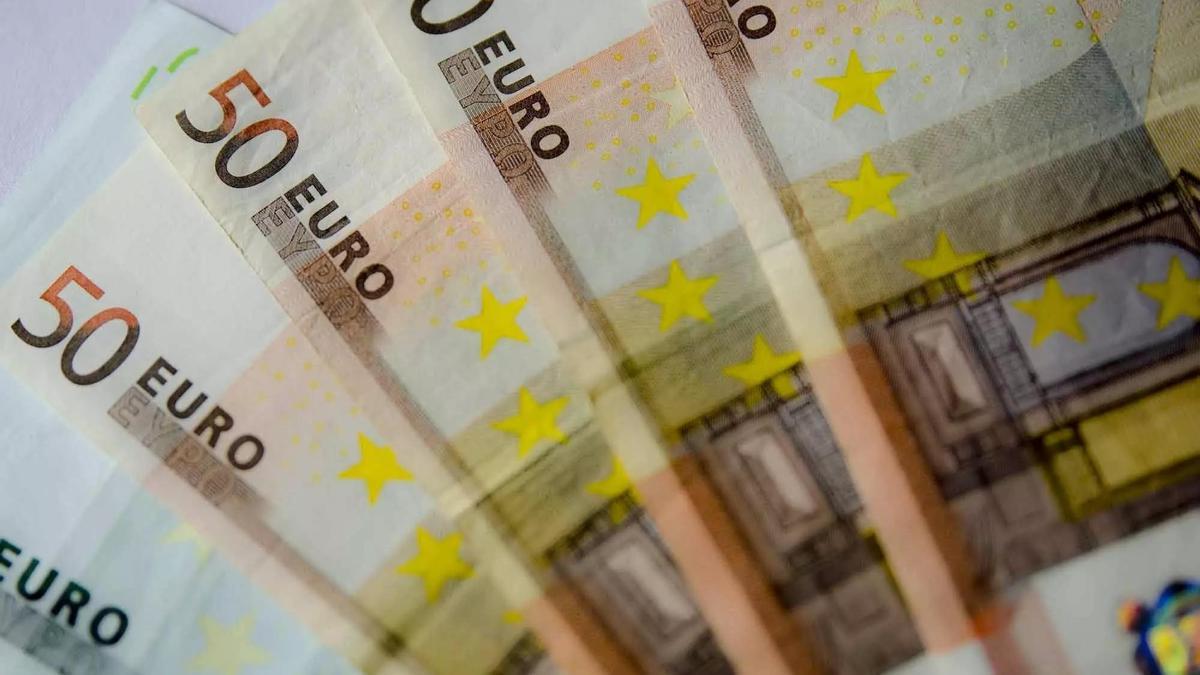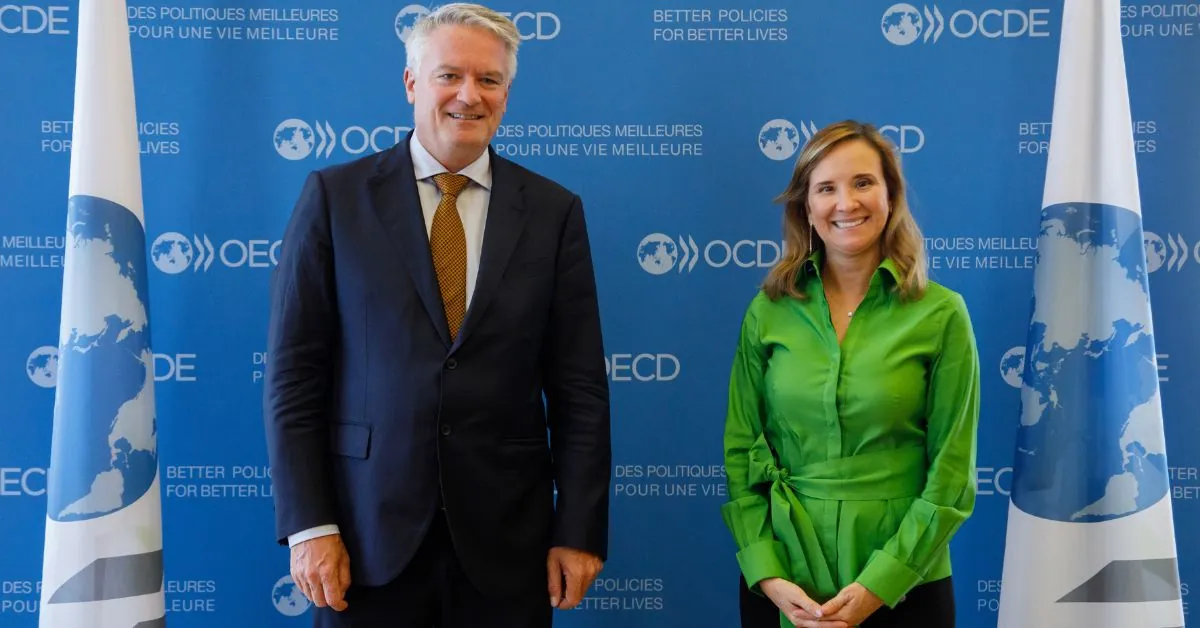Colombia's Presidential Race Begins Amidst Economic Uncertainty: Can the Next Leader Restore Public Finances?

Colombia's Presidential Race Begins Amidst Economic Uncertainty
The much-anticipated race for the Colombian presidency officially kicked off last week with the registration of several candidates vying to succeed Gustavo Petro in the Casa de Nariño (Presidential Palace). However, this election cycle arrives amidst a backdrop of serious concerns about the nation’s public finances, prompting questions about the next leader’s ability to navigate these challenges and restore economic stability.
A Troubled Financial Landscape
The opening salvos of the campaign have already highlighted the precarious state of Colombia's public finances. Experts and analysts are increasingly echoing the sentiment that the country has “never seen its finances in such a state,” a stark assessment that underscores the urgency of the situation. Years of pandemic-related spending, coupled with fluctuating commodity prices and global economic headwinds, have placed significant strain on the national budget.
Specifically, concerns revolve around rising debt levels, persistent inflation, and a potential slowdown in economic growth. The government’s ability to meet its fiscal obligations and invest in crucial areas like education, healthcare, and infrastructure is being questioned. This financial fragility creates a challenging environment for any incoming administration.
Candidate Platforms and Economic Promises
As candidates formally enter the race, their economic platforms are coming under intense scrutiny. Voters are eager to hear concrete proposals for addressing the fiscal crisis and outlining a path towards sustainable economic growth. Expectations are high for detailed plans that tackle inflation, manage debt, and stimulate investment.
Some candidates are emphasizing fiscal responsibility and austerity measures, advocating for spending cuts and tax reforms to reduce the budget deficit. Others are proposing more expansionary policies, arguing that targeted investments in specific sectors can spur economic activity and create jobs. The debate is likely to be heated, with each candidate attempting to convince voters that their approach is the best way to secure Colombia's economic future.
Key Challenges Ahead
The next president will face a formidable set of challenges. Beyond the immediate fiscal crisis, they will need to address structural issues that have plagued the Colombian economy for decades. These include:
- Inequality: Colombia remains one of the most unequal countries in the world, and addressing this disparity is essential for long-term stability.
- Corruption: Perceptions of corruption continue to erode public trust and hinder economic development.
- Security: Ongoing security concerns, particularly in rural areas, can deter investment and disrupt economic activity.
- Commodity Dependence: The Colombian economy is heavily reliant on commodity exports, making it vulnerable to fluctuations in global markets.
The Road Ahead
The Colombian presidential election promises to be a pivotal moment for the country. The next leader will inherit a nation grappling with significant economic challenges, and their ability to restore public confidence and chart a course towards sustainable prosperity will be critical. The coming months will see a vigorous debate over economic policy, as candidates compete to convince voters that they have the vision and the leadership to navigate Colombia through these turbulent times.
The stakes are high, and the future of Colombia’s economy hangs in the balance.






